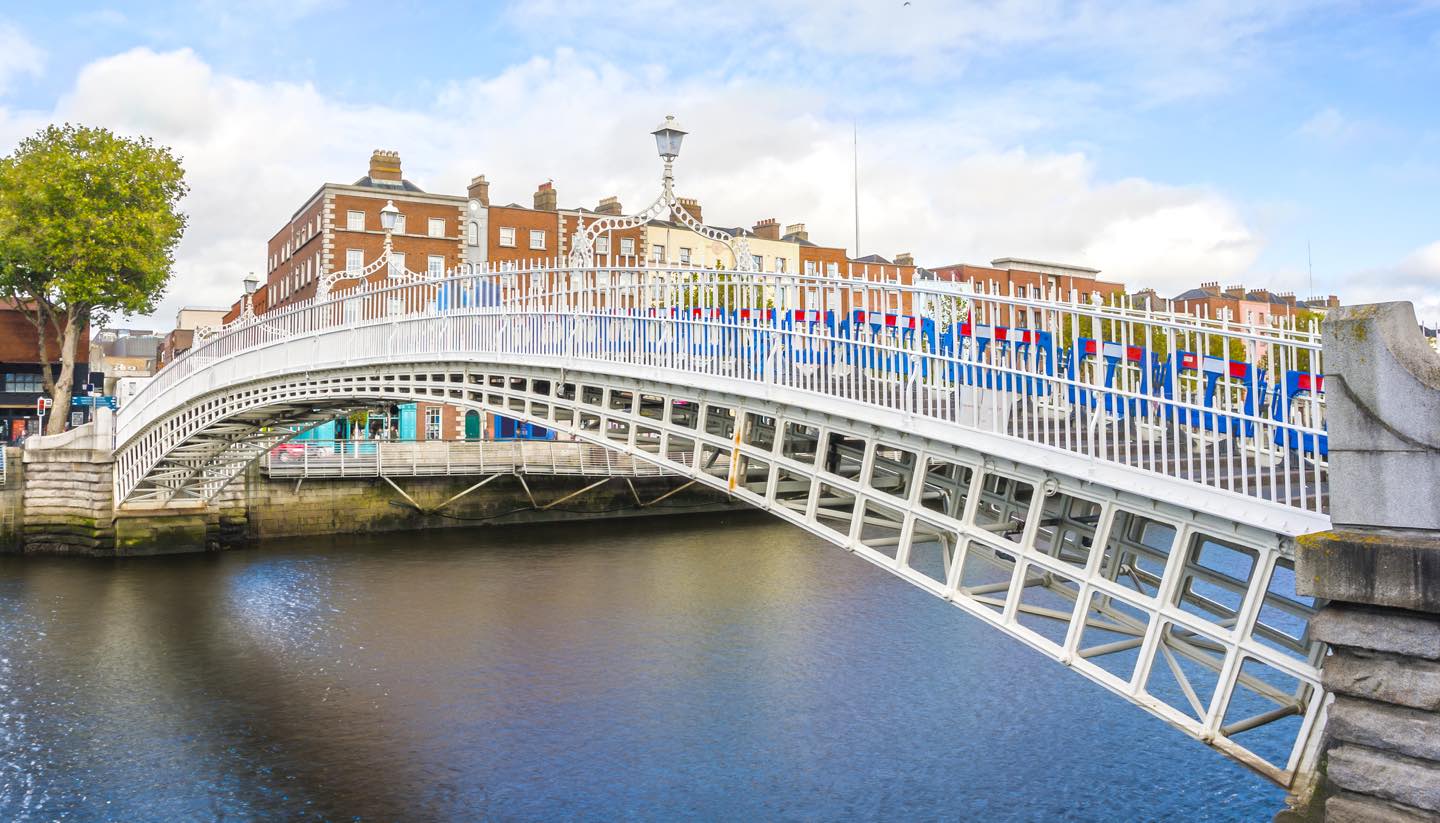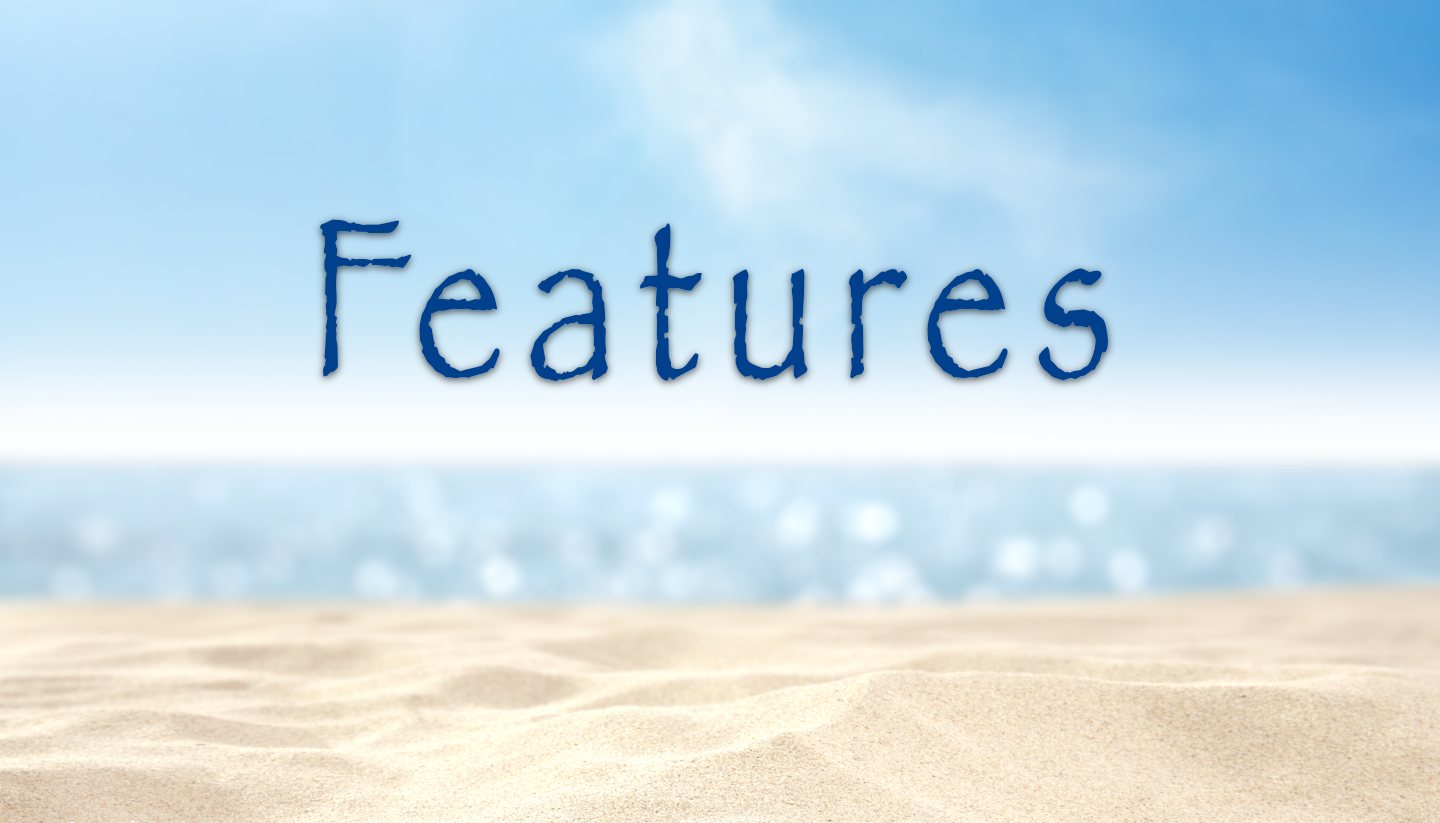Things to do in Dublin
Go kite-surfing around Bull Island
The area around Bull Island, 6km (4 miles) to the north of the city, has a developing reputation as an outstanding kite-surfing destination. If you prefer to watch, walk the Great South Wall to Poolbeg Lighthouse for fantastic views. To take part, head to Pure Magic (tel: +353 (0) 1 805 4912; www.puremagic.ie/dublin) for lessons, kit hire and all things wet and wild.
Have a go at hurling
Get an education on the most Irish of sports, starting with the highly competitive sport of Gaelic football before moving on to the more challenging and aggressive world of hurling. They go easy on the full contact at Experience Gaelic Games (tel: +353 (0) 1 25 44 292; www.experiencegaelicgames.com), so you should get home without a visit to the A&E ward.
Hike the Dublin Mountains
Head for the hills of the Dublin Mountains, which are sprinkled with looped trails, gentle walks and adventures to suit hikers of all levels of fitness. Start at Marlay Park and walk or drive to Kilmashogue Forest Park which offers 10km (6 miles) of forest and mountain walks with views of Dublin city. Alternatively, head to the cute village of Howth, 15km (9 miles) from the city centre, where clifftop walks and fresh fish suppers await.
Mountain bike through the Wicklow Mountains
Escape the bustle of the city by exploring the beautiful Wicklow and Dublin Mountains, set within easy reach of the city. Capture panoramic views from your saddle, including the famous 'Guinness Lake' (Lough Tay), the Vartry Reservoir, coastal vistas of the Irish Sea, Powerscourt Waterfall and Gardens and Enniskerry Village. Terrains are available to suit all fitness levels. Biking.ie (tel: +353 83 414 7627; www.biking.ie) have wheels to hire in Ticknock.
Pay your respects at the Garden of Remembrance
If you want some time out from the to and fro of the city, take an hour to visit the Garden of Remembrance. It's centrepiece is a water-filled non-denominational cross scattered with cracked shields and broken swords, there to commemorate all victims of Ireland's various uprisings, from the 1798 rebellion to the Troubles of the 20th century.




